Media and Globalization: Why the State Matters

Summary
Media and Globalization shows why the state matters to media and telecommunications industries in a globalizing governments control and regulate these industries in important ways and states remain central arenas for policymaking and international agreements. Using case studies drawn from around the world, this book sheds light on the extent of state power in the face of transnational pressures and explores policy, economics, and culture as they factor into media globalization.
Similar Books
-
 Modern Mongolia: From Khans to Commissars to Capitalists
Modern Mongolia: From Khans to Commissars to Capitalistsby Morris Rossabi
-
 Empire in Denial: The Politics of State-Building
Empire in Denial: The Politics of State-Buildingby David Chandler
-
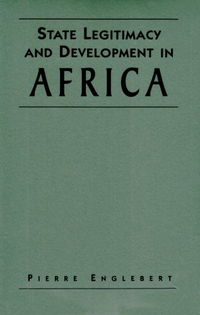 State Legitimacy and Development in Africa
State Legitimacy and Development in Africaby Pierre Englebert
-
 Third World: Whence and Whither? Protective State versus Aggressive Market
Third World: Whence and Whither? Protective State versus Aggressive Marketby Wim F. Wertheim
-
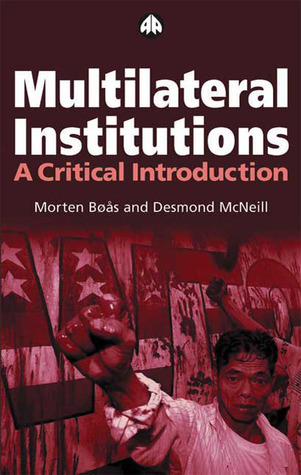 Multilateral Institutions: A Critical Introduction
Multilateral Institutions: A Critical Introductionby Morten Bøås
-
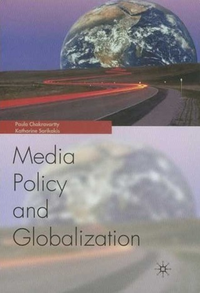 Media Policy and Globalization
Media Policy and Globalizationby Paula Chakravartty
-
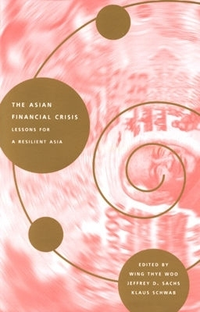 The Asian Financial Crisis: Lessons for a Resilient Asia
The Asian Financial Crisis: Lessons for a Resilient Asiaby Senior Fellow Wing Thye Woo
-

-
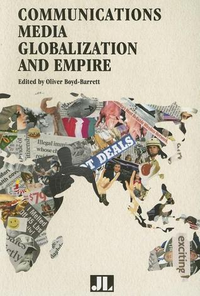 Communications Media, Globalization, and Empire
Communications Media, Globalization, and Empireby Oliver Boyd-Barrett
-
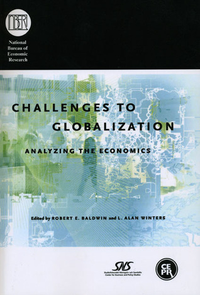 Challenges to Globalization: Analyzing the Economics
Challenges to Globalization: Analyzing the Economicsby Robert E. Baldwin
-
 The Political Economy of Latin America in the Postwar Period
The Political Economy of Latin America in the Postwar Periodby Laura Randall
-

-

-
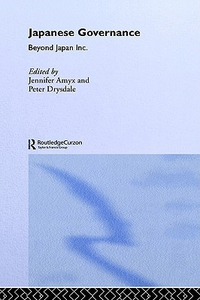 Japanese Governance: Beyond Japan Inc.
Japanese Governance: Beyond Japan Inc.by Jennifer Amyx
-

-
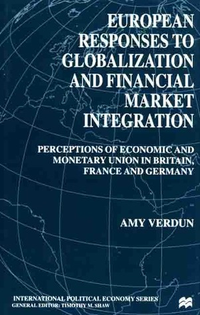
-
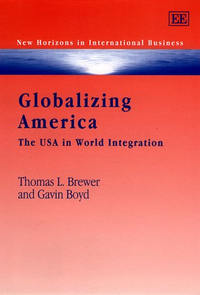 Globalizing America: The USA in World Integration
Globalizing America: The USA in World Integrationby Thomas L. Brewer
-
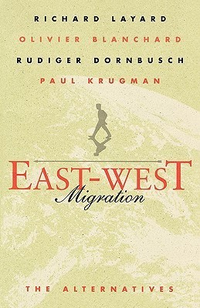 East-West Migration: The Alternatives
East-West Migration: The Alternativesby Richard Layard
-
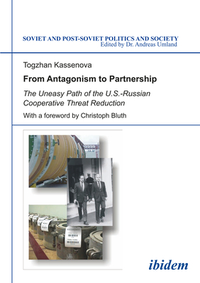
-
 Opec and the Third World: The Politics of Aid
Opec and the Third World: The Politics of Aidby Shireen Hunter
-
 Policy Reform, Economic Growth, and China's Agriculture
Policy Reform, Economic Growth, and China's Agricultureby Christopher Findlay
-

-
 Financial Liberalization: Beyond Orthodox Concerns
Financial Liberalization: Beyond Orthodox Concernsby Philip Arestis
-
 Internationalisation of Industrial R&D: Patterns and Trends
Internationalisation of Industrial R&D: Patterns and Trendsby OECD Organisation for Economic Co-operation and Development
-
